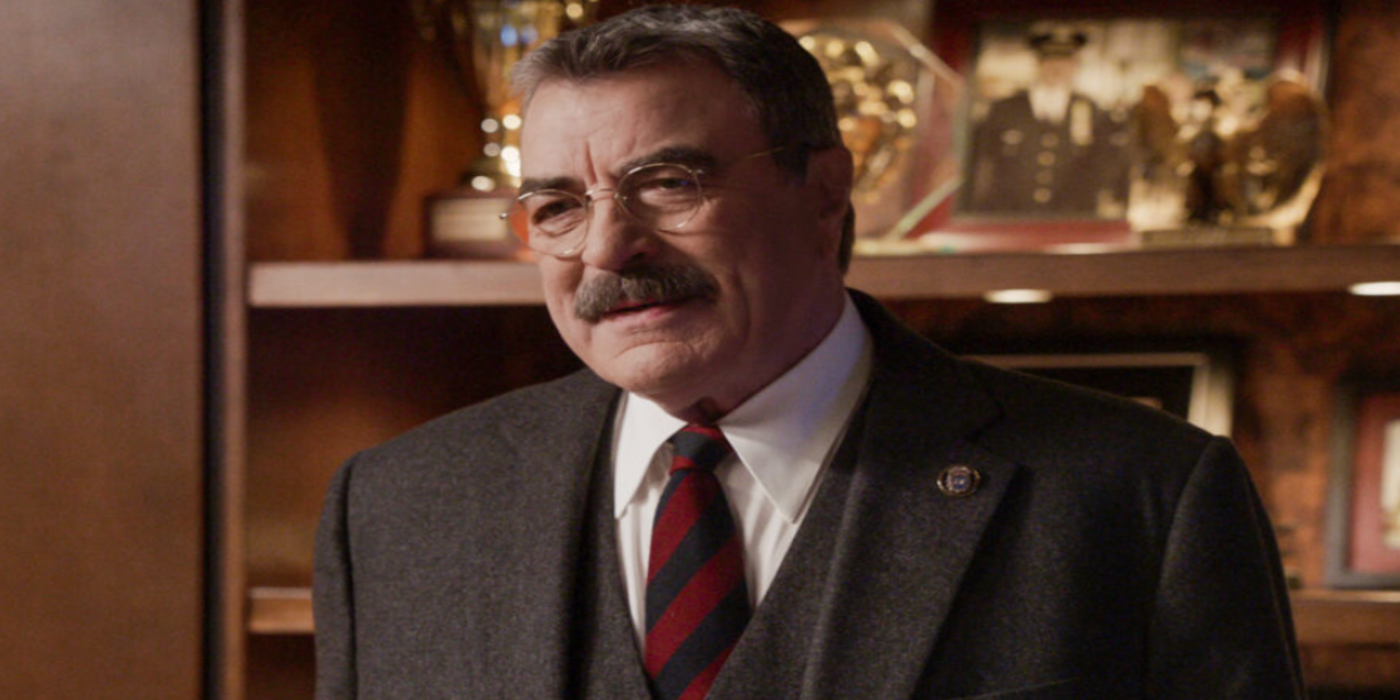
April 8, 2025 – New York, NY
As Blue Bloods approaches the end of its 14-season run, viewers are not just saying goodbye to one of CBS’s longest-running dramas — they’re also parting with a series that offered something rare in modern television: weekly reminders of the power of family, personal responsibility, and moral conviction.
Premiering in 2010, Blue Bloods stood out in a crowded field of police procedurals by centering not only on crime-solving but on the inner lives and values of the Reagan family — a multi-generational household of New York City law enforcement professionals. Led by Police Commissioner Frank Reagan (Tom Selleck), the series navigated ethical dilemmas, personal sacrifices, and difficult choices with one constant at its core: integrity.
 A Family Built on Service
A Family Built on Service
The Reagan family embodied a sense of purpose passed down through generations. Frank, a measured and principled leader, represented the moral backbone of the NYPD and his family. His children — Detective Danny Reagan (Donnie Wahlberg), ADA Erin Reagan (Bridget Moynahan), and Officer Jamie Reagan (Will Estes) — each brought unique perspectives to law and justice, creating a nuanced portrayal of duty in a modern world.
Through their challenges and triumphs, Blue Bloods reminded viewers that public service isn’t just a job — it’s a calling. Episodes frequently addressed timely social issues, but always with the Reagan family’s core values in focus: do the right thing, even when it’s hard.
Lessons from the Dinner Table
Perhaps the most iconic element of Blue Bloods was its weekly Sunday dinner — a tradition that became the emotional heartbeat of the show. Around that table, the Reagans debated, disagreed, and supported one another. It was a space for honesty, healing, and reflection, symbolizing that no matter what happened outside, family came first.
In a media landscape often defined by chaos and conflict, these scenes offered something grounding: a portrayal of respectful disagreement, intergenerational connection, and unconditional love.
Integrity in Action
While the series never shied away from depicting the challenges of modern policing, it consistently emphasized accountability and self-reflection. From Frank’s measured leadership to Erin’s legal dilemmas and Danny’s gut-driven methods, Blue Bloods showed that integrity doesn’t mean perfection — it means staying true to your principles under pressure.
The show’s willingness to explore gray areas — whether in the courtroom, the precinct, or at the dinner table — gave it a timeless quality, reminding audiences that honor and ethics are not outdated, but essential.
A Lasting Impact
As the final episode approaches, fans will say goodbye not only to a television favorite but also to a weekly reminder of what it means to serve with purpose, love with loyalty, and lead with conviction.
Blue Bloods may be ending, but the values it championed — family, duty, and integrity — will remain with its audience long after the credits roll.
The series finale is set to air later this spring on CBS.
